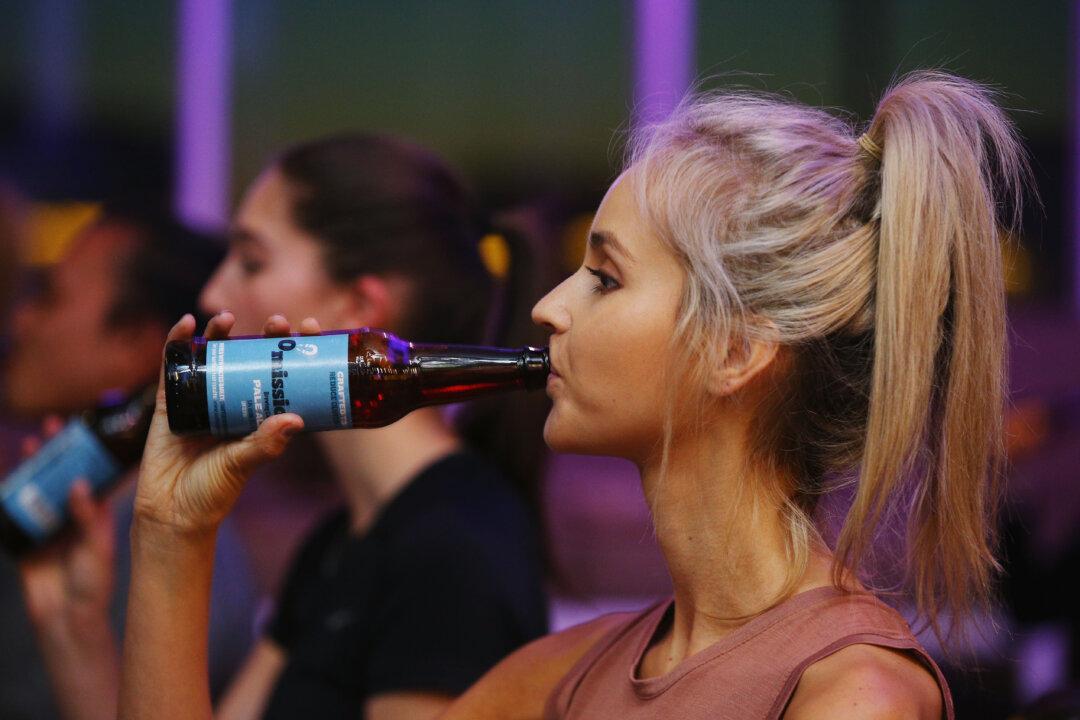In light of growing evidence of the link between cancer and alcohol use, the 2009 version of the alcohol guidelines have been revised, just in time for the festive season. The National Health and Medical Research Council (NHMRC) encouraged Australians to keep the new rules in mind, and have no more than ten standard drinks per week.
Chair of Cancer Council Australia’s Nutrition and Physical Activity Committee Clare Hughes said Cancer Council supported and commended the changes.






